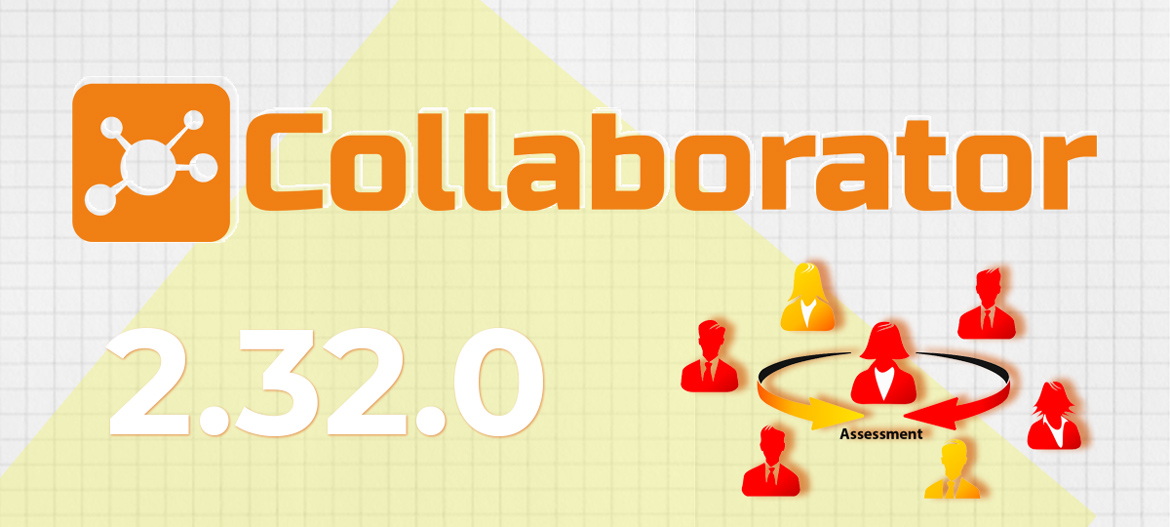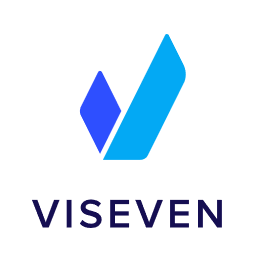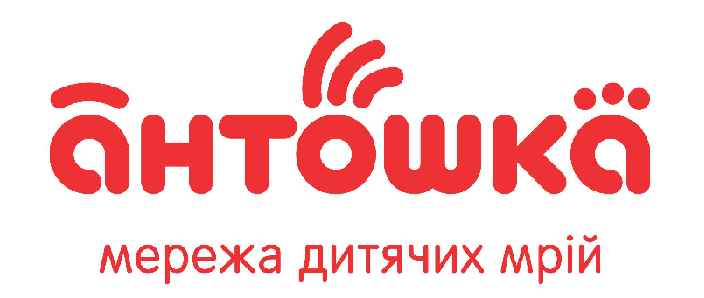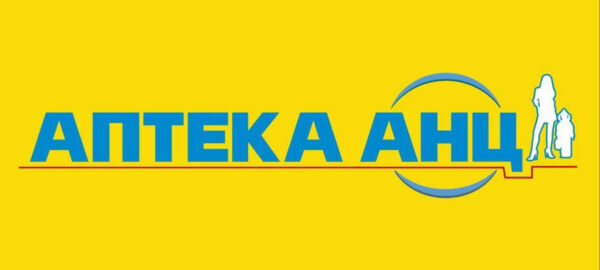
LMS Collaborator 2.32.0 – Personnel assessment, uploading photos to checklists, creating copies of training programs and other updates
Meet the new version – LMS Collaborator v.2.32.0!
1. Personnel evaluation in the LMS Collaborator
Personnel evaluations help identify and analyze key qualities, characteristics, and skills of employees. Typically, assessments are conducted to evaluate an employee’s suitability for the position.
The information obtained as a result of the assessment helps to rationally allocate the functions and responsibilities of employees, assess the efficiency of the student, identify the level of potential and the need for additional training.
In LMS Collaborator you can use different methods of staff assessment, including 90, 180, and 360 degree surveys, as well as organize the collection of feedback. To do this you need to create an assessment scale and define a group of criteria by which employees will be assessed.
The Collaborator allows you to group the competencies into blocks with separate assessment scales and set up the order of the questionnaire.
With the help of a handy guide, an evaluation survey can be created and assigned to users in just a few steps:
Step 1 – Creation;
Step 2 – Criteria setup;
Step 3 – Task creation;
Step 4 – Task assignment.

There are several ways to assign questionnaires in Collaborator. You can choose the one most convenient for you:
- Manual;
- Evaluation by functional managers;
- Evaluation by organizational structure.

This functionality allowed us to make a separate package LMS Collaborator, which has everything for conducting surveys using 360º – 270º – 180º – 90º methods. The “Assessment 360” package has only the features necessary for surveys, which helped make it half the price of the basic LMS Collaborator “Standard” package.
All the details here and with our consultants.
To contact consultants, just leave a request here:
Submit your application
2. Checklists – Attaching photos to comments under answers
Checklists are a useful tool that can be used to verify the standards and processes that employees must follow. A checklist can also be used in other ways – for evaluating trainees in training, for a mentor to check his subordinates and even for “mystery shopper” functions.
In LMS Collaborator you can create tasks “checklists”, add to them a list of criteria and the desired evaluation scale. In addition, you can include the function of commenting answers in cases where you need to explain your evaluation. You can also attach a photo to your comment to confirm your grade.

3. Creating copies of curricula
There are cases when it is necessary to create several almost identical training programs for employees of different positions. If such programs have a lot of resources, it is long and difficult to create new ones all the time, but with small differences. In LMS Collaborator this can be done much easier – duplicate the desired training program and make the necessary adjustments.

After creating a copy, you will get an unpublished program with the same resource content and filled in parameters:
– title with the addition of the word “Copy”;
– description;
– a short description of the program;
– attached files;
– tags;
– image;
– employment assessment and length of training.

You do not have to worry about creating copies of resources, elements of the composition of the program will not be duplicated.
4. Filter employees by assignment method via “Catalog”
In LMS Collaborator there are several modes of assigning tasks to users:
- Manual assignment by the administrator;
- Automatic assignment by automation rules;
- Assignment through Personal development plans;
- Assignment via Directory – the user assigns themselves a task that is published in the directory.
To find out the number of assigned employees by one or another method, you can use the “Assignment method” filter. If you need to collect statistics on employees who assigned themselves – to determine the level of popularity and interest, use this filter, specifying the “Directory” assignment method.

*Please note. Assigning tasks by automation rules can work in parallel with all other assignment methods. Users to whom a task was assigned automatically are highlighted in a different color on the assignment page, which helps you to filter them. Therefore, there is no automation mode in the Assign Mode filter.
5. Log actions with message templates in the Security Log
The portal administrator and technical support are responsible for system security, so it is important for them to keep records of user actions and movements. For this purpose, LMS Collaborator has a Security Log, which displays all user actions related to changes in their personal data in the system: updating, changing and restoring the password, automatic blocking of the user, changing account settings, etc.
LMS Collaborator will also track actions with message templates. When a user disables/enables a template, the system will log it in the Security Log.

6. Attaching Audio Answers by phone in M4A and AAC format for Workshops and Quizzes
The LMS Collaborator has a task to which employees can attach answers in the form of files. These can be various documents, videos or pictures. We have expanded the possible download formats by adding the most popular audio extensions on phones – M4A (iOS) and AAC (Android).
When doing workshops or free-response tests, employees will be able to dictate voice messages from their phones and attach them immediately to tasks.
7. Do not take into account the results of the task in the rating
Users receive points for each successfully completed task in Collaborator. By default, you can get a maximum of 100 points. To highlight easier and harder tasks, the Administrator can set a different number of points for their 100% completion. This allows you to flexibly accumulate a learning rating and use it in your motivation programs.
There are assignments that do not need to be counted in the rating. For example, introductory programs, courses or a variety of information resources assigned to employees for general development.
For the results of such tasks not to affect the total sum of rating points, we have added the possibility not to give a grade for them. To do this, in the task settings, in the “Points for completion” field, set the value to 0.

Read about the previous version of LMS Collaborator 2.31.0 here
If you have any questions or wishes, write – [email protected] or on our page – https://www.facebook.com/lmscollaborator
Sincerely,
Team of the “LMS Collaborator” project.



































